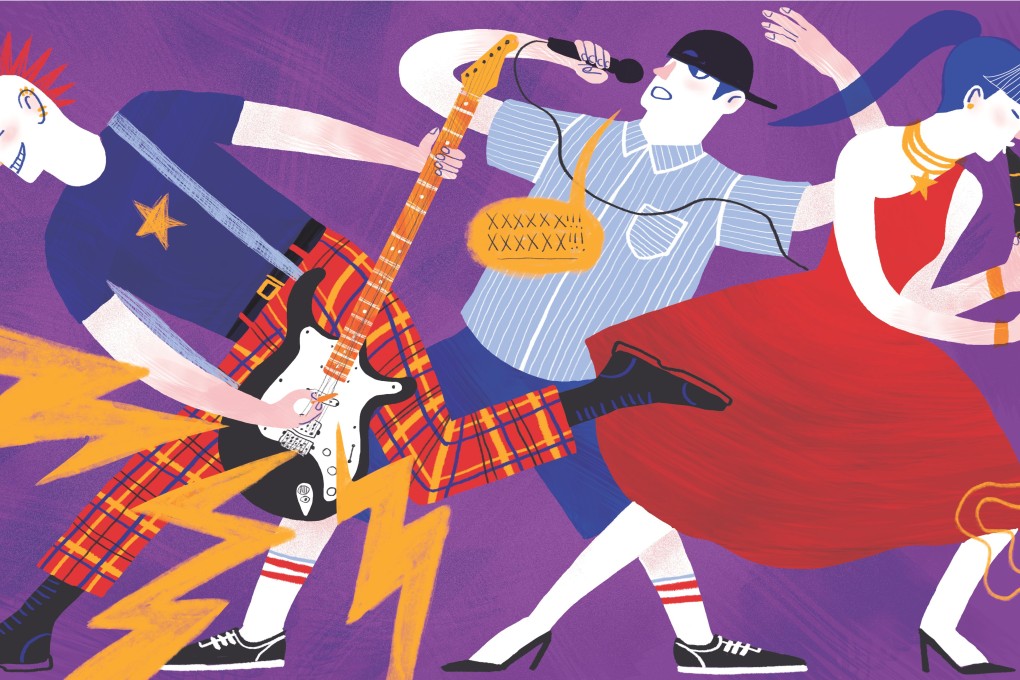Thriving underground music scenes starting to blossom in China's second-tier cities
British Council initiative gives UK musicians hands-on experience of music with Chinese characteristics

You won't find too many Westerners among the seven-million population of Changsha in Hunan province. Nor will you hear much English spoken. Which is why it's something of a shock to walk down the stairs of 46 LiveHouse and find yourself surrounded by Sex Pistols and Libertines posters while New Order's Crystal blasts from the stereo: a faithful recreation of a Camden indie club, right down to the sticky floor.
China is changing, and at a pace so rapid one can practically feel the g-force. Yet while the economy booms - it is predicted to overtake the US at some point in the next decade - the cultural scene has often struggled to keep pace. Venues such as 46 LiveHouse might represent the dawn of an exciting musical frontier, but as local live promoter and theatre producer Li Ren says, there are a number of stumbling blocks in the way of building a healthy music scene in Changsha: lack of government funding; the likelihood of concerts being shut down by police; and a dearth of local promoters and managers.
Much of this is familiar to Sam Genders, the co-founder of British folk band Tunng who now makes music as Diagrams. Genders has spent six weeks in Changsha as one of five musicians to travel to China as part of the British Council and PRS For Music's "Musicians in China Residencies" programme. His brief there has been flexible - collaborate with local musicians, perform live, absorb the local music - but he has discovered that putting a band together is no simple task.
"Finding the right musicians, booking venues … it's all been a bit more of a logistical challenge than I expected," he says, as we tuck into the Changsha staple of pork and chilli peppers in a restaurant near his hotel. "I wouldn't have changed anything, though. I could have been in a rehearsal room nine to five most days, and maybe I would have gotten a few songs out of it, but I wouldn't have had this adventure."
Said adventure has resulted in plenty of sources for future inspiration: Genders guested with local band Da Mu at the city's Orange Isle music festival, performed at an open mic in the ancient city of Fenghuang (Phoenix) on a rusty acoustic guitar (for which he was rewarded with a meal of pig's brains), and became friends with local guitar wizard Ye Xiao, a prog-metal obsessive who composes for the mainland equivalent of The Voice contest. Ye provided a huge boost to Genders' trip by agreeing to act as his musical director; Genders hopes Ye will contribute guitar parts to a future song - fostering this kind of relationship is one of the main aims of the British Council's project.
It's not hard to see why Genders has been captivated by Changsha. The music scene's infancy, for all the difficulties this poses, is also what makes it exciting.